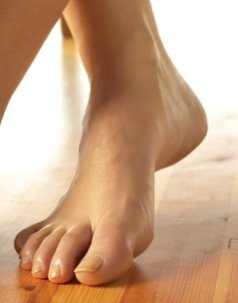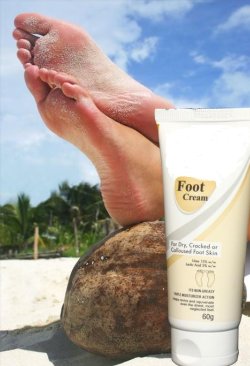Foot Care
A proper foot care is one of the things a diabetic person should think about.
It's important to understand the connection between diabetes and foot problems.
As a person with diabetes, you are more vulnerable to foot problems because diabetes can damage your nerves and reduce blood flow to your feet.
The American Diabetes Association estimates that one in five people with diabetes who seek hospital care do so for foot problems.
When you have diabetes, proper foot care is very important. Poor foot treatment with diabetes can lead to serious health problems, including possibly having to remove the foot or leg (amputation).
 By taking proper care of your feet, most serious health problems associated with diabetes can be prevented.
By taking proper care of your feet, most serious health problems associated with diabetes can be prevented.
Most people with diabetes are reviewed from time to time by a doctor and other health professionals.
Part of the check is to examine the feet to look for problems as early as possible.
As a rule, the better the control of your diabetes, the less likely you are to develop complications such as foot ulcers.
Also, where appropriate, treatment of high blood pressure, high cholesterol level, and reducing any other risk factors such as smoking, lack of exercise and obesity will reduce your risk of diabetes complications.
Research has shown that people with diabetes who take good care of their feet and protect their feet from injury, are much less likely to develop foot ulcers.
In order to maintain a good foot care you should do the following actions:

Shoes, trainers and other footwear should:
- Fit well to take into account any awkward shapes or deformities (such as bunions).
- Have broad fronts with plenty of room for the toes.
- Have low heels to avoid pressure on the toes.
- Have good laces, buckles or Velcro fastening to prevent movement and rubbing of feet within the shoes.
- You should check the bath temperature with your hand before stepping in.
- Do not use hot water bottles, electric blankets or foot spas.
- Do not sit too close to fires.
When you buy shoes, wear the type of socks that you usually wear.
Avoid slip-on shoes, shoes with pointed toes, sandals and flip-flops. Break new shoes in gradually.
You should wear clean socks every day.
Always feel inside footwear before you put them on (to check for stones, rough edges, etc).
If your feet are an abnormal shape, or if you have bunions or other foot problems, you may need specially fitted shoes to stop your feet rubbing.
To avoid foot burns:
And finally - if you do develop a break in the skin or an ulcer, then you should go to your doctor straight away.
|
VERY IMPORTANT ! |
|
Return from Foot Care to Diabetes Articles |